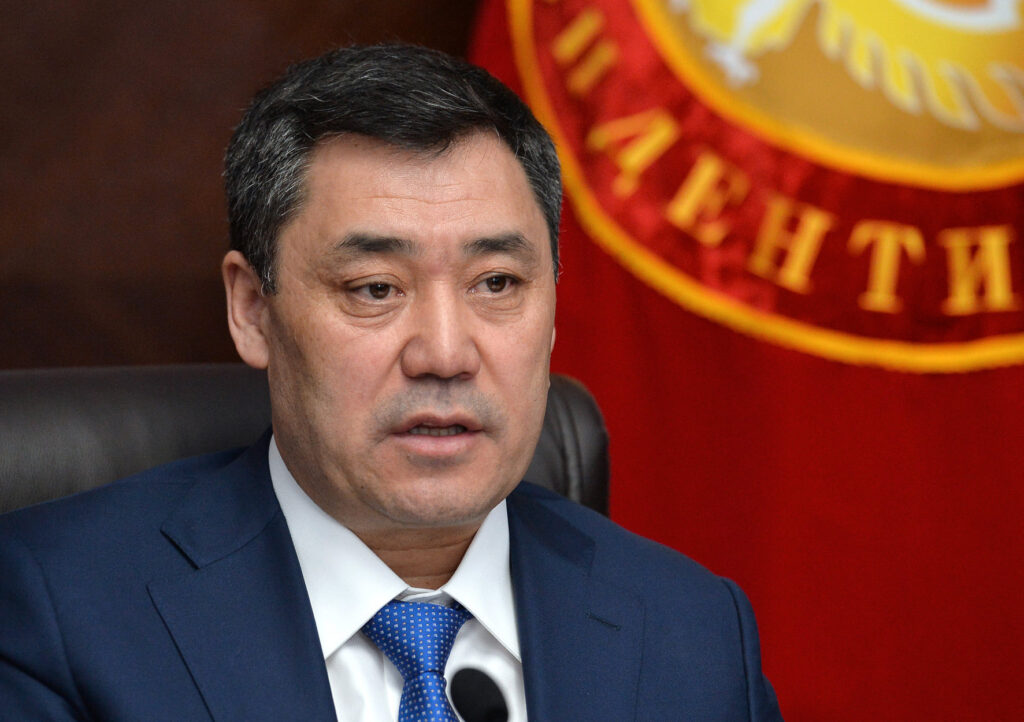Two years after re-instituting the Constitutional Court, Japarov has approved a law that opens its decisions to presidential interference.
Kyrgyzstan’s President Sadyr Japarov signed a bill into law that allows the Constitutional Court to revise prior decisions.
Revisions can be instigated by the court’s chairperson or the president in three cases: if constitutional norms have shifted since a decision was made, if circumstances relevant to a decision come to light after a decision was made, or if a decision contradicts the “moral values” or “public consciousness” of the people of the Kyrgyz Republic.
Others have written about how this is another instance of Japarov invoking vague notions of “morality” to justify eroding the rule of law. The history of Kyrgyzstan’s Constitutional Court – and Japarov’s efforts to actually give it more power – are worth exploring as well.
Kyrgyzstan’s Constitutional Court theoretically has sole authority over constitutional interpretation. Individual citizens, registered organizations, lower courts, or political parties can appeal to the Constitutional Court if they believe a law goes against the spirit or letter of the constitution. Other courts, even Kyrgyzstan’s Supreme Court, do not have the authority to make sense of what the constitution does or does not allow.
This model of concentrating the authority of constitutional interpretation in one court was widely embraced in countries across Central Asia, the Caucasus, and Eastern Europe following the collapse of the Soviet Union. Many countries that emerged from communist rule took their time with adopting new constitutions that formalized rights and civic responsibilities, but they were quick to establish Constitutional Courts with teeth.
The government has made an example of judicial activism with Sooronkulova. Three of the court’s nine members were appointed during Japarov’s administration, one of whom, Zamirbek Bazarbekov, was once the president’s lawyer. This means that regardless of the blatant contradiction of the constitution, it will be nearly impossible to challenge from the inside.
Source : The Diplomat


